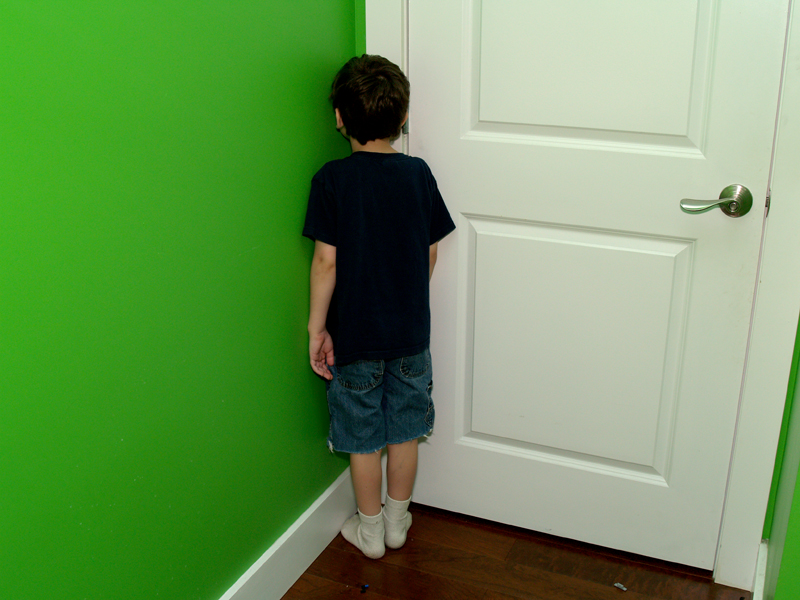Penance
The Call: In the Corner — Cheryl
I equate penance with discipline, but I no longer equate discipline with punishment. My kids, I think, are thankful for that.
Discipline comes from the word “disciple,” which refers to a follower, not to an underling, a slave, or an inferior. My children are my disciples (I know that sounds narcissistic, but it’s not — having a baby was all I needed to learn the meaning of the word selfless), and that means I am their leader, or more accurately, their mentor. A mentor’s job is to teach, not to punish. The same goes for the Church established by Jesus more than 2,000 years ago. It exists to teach us, to show us the path we can follow to Heaven
Therefore, penance should be seen as a teaching tool, not a punishment. Catholic psychologist Gregory Popcak explains it well in Parenting with Grace:
The second most obvious lesson can be found in the Sacrament of Reconciliation. On the one hand Mom (the Church) has very high expectations for our behavior; on the other hand, when we fail, she is an extremely gentle disciplinarian. In fact, she never wastes time coming up with creative punishments. Taking her cue from the parable of the prodigal son, her entire discipline strategy consists of strengthening our relationship with the Father so that we will never want to leave home again. Remember, the whole point of those “five Hail Marys” penances is not to punish us (it would be a pretty stuipid punishment if it was). Rather, it is an invitation to spend some time seated in the lap of our Mother, before our Heavenly Father, who showers us with a love so profound that we cannot help but be made better by it. Catholic parents are called to do no less for our own children.
The Response: Washed Clean — Jessica
“Consequently the penance imposed in this sacrament [of reconciliation] is not a price one pays for pardon, for no human price could ever repair for even the slightest offense against a God of infinite holiness and majesty. Rather, the prescribed penance – when fulfilled – is offered to the Father by Our Savior, Who unites it with His own infinite satisfaction, thus giving the sacramental penance a special efficacy in remitting the temporal punishment due to sin.” — Fr. Paul A. Duffner, O.P.





